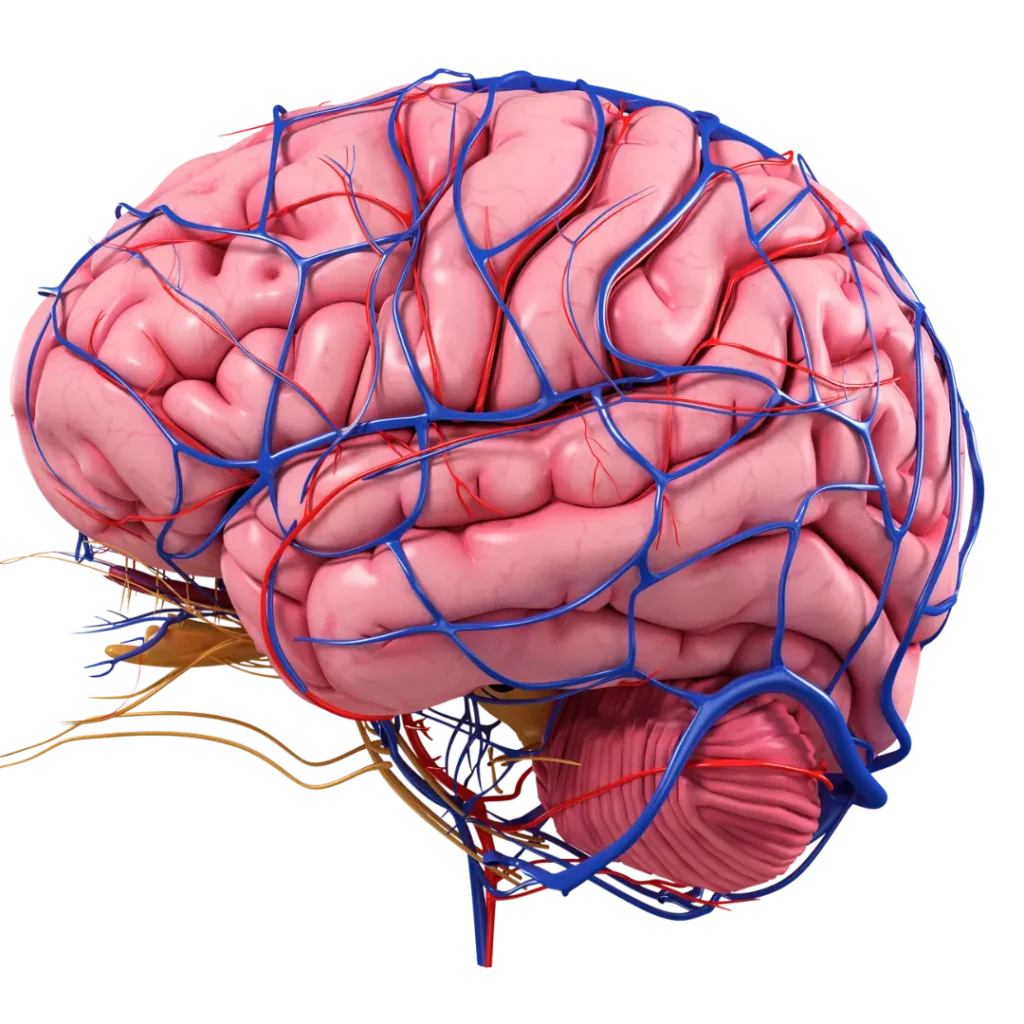28 or 30-day treatment program? For years, the idea that 30 days in rehab is enough to recover from drug and alcohol addiction has been widely accepted. Many treatment centers even structure their programs around this timeline. But the truth is, 30 days is simply not enough time for most people to heal and build a strong foundation for lasting sobriety.

If you or a loved one is seeking treatment, it’s crucial to understand why the 30-day model is outdated and why longer treatment can significantly increase the chances of success. Let’s dive into why extended care is a better option for long-term recovery.
Where Did the 30-Day Model Come From?
The 30-day treatment model largely stems from insurance policies and military rehabilitation programs, rather than scientific research on addiction recovery. In the 1970s and 80s, insurance companies determined that covering 30 days of inpatient treatment was financially feasible. Meanwhile, the military adopted this structure for soldiers needing rehabilitation before returning to duty.
The problem? Addiction recovery isn’t a one-size-fits-all process, and for most people, 30 days barely scratches the surface of what’s needed for real change.

Why 30 Days is Not Enough
1. The Brain Needs More Time to Heal
Substance use disorder affects brain chemistry, particularly in areas responsible for decision-making, impulse control, and emotional regulation. The first 30 days of sobriety are often spent detoxing and stabilizing, leaving little time to work on the deeper emotional, behavioral, and psychological aspects of addiction.
Research suggests that the brain needs at least 90 days to start rewiring itself after long-term substance use. During this time, cravings and withdrawal symptoms can still be intense, making relapse highly likely if treatment ends too soon.

2. Establishing New Habits Takes Time
Breaking old patterns and creating new, healthy behaviors is a process. Studies show that forming a new habit takes an average of 66 days—and that’s for simple habits like drinking more water or waking up early. Changing a lifestyle centered around substance use requires even longer.
Many people in early recovery are still adjusting to life without drugs or alcohol and haven’t had enough time to build and practice coping skills that will help them maintain sobriety outside of treatment.
3. Underlying Issues Aren’t Addressed in 30 Days
Most people struggling with addiction also have underlying mental health concerns like depression, anxiety, PTSD, or trauma. Addressing these issues in a meaningful way requires more than a month.
In a 30-day program, therapy often focuses on immediate crisis management rather than long-term healing. Longer treatment allows clients to fully explore their emotional struggles, develop coping strategies, and work through deep-seated issues that may contribute to addiction.
The Benefits of Longer Treatment
1. Improved Sobriety Rates
Data consistently shows that the longer someone stays in treatment, the better their chances of maintaining long-term sobriety. A study from the National Institute on Drug Abuse (NIDA) found that 90 days or more in treatment leads to significantly lower relapse rates than shorter programs.
Extended treatment helps solidify healthy behaviors, making it more likely that someone will stay sober once they leave.
2. A Stronger Support System
One of the most important aspects of recovery is building a solid support network. A longer stay in treatment allows clients to form deeper connections with peers, therapists, and mentors. These relationships provide encouragement and accountability, making the transition back into everyday life much smoother.
3. More Time to Develop Life Skills
Addiction takes a toll on everyday functioning. Many people enter treatment needing to rebuild essential life skills like maintaining employment, managing finances, and practicing self-care. Longer treatment provides the time needed to develop these skills, increasing the chances of long-term success.
4. A Smoother Transition to Independence
Longer treatment programs often include a step-down approach, moving from inpatient care to intensive outpatient programs (IOP) and sober living arrangements. This gradual transition helps people adjust to independent living with ongoing support rather than being abruptly thrown back into high-risk situations.
What Does an Effective Treatment Timeline Look Like?
Instead of the outdated 30-day model, a more effective treatment plan typically includes:
- Detox (7-10 days): The first step in clearing substances from the body while under medical supervision.
- Residential Style Treatment (30-90+ days): Focused therapy, structured routines, and support from professionals.
- Intensive Outpatient or Partial Hospitalization (2-6 months): Continued therapy while slowly reintegrating into daily life.
- Outpatient and Aftercare (6+ months to lifelong): Ongoing support through therapy, sober living, 12-step programs, or other recovery communities.
The reality is, addiction is a chronic disease. Just like diabetes or heart disease, ongoing treatment and support are necessary for long-term management.
Investing in More Time for Treatment Means Investing in Long-Term Success
Recovery isn’t a race. The longer someone stays engaged in treatment, the better prepared they are to handle life’s challenges without turning to substances. If you or a loved one is considering treatment, remember: 30 days is just the beginning.
Many reputable treatment centers, including Asheville Recovery Center, offer longer and more comprehensive programs designed to give clients the best chance at lifelong recovery. Don’t settle for outdated treatment timelines—invest in a plan that sets you up for real, lasting success.
Take the First Step
If you or someone you care about is struggling with addiction, don’t wait. Reach out to Asheville Recovery Center today to explore treatment options that provide the time and support needed to achieve lasting recovery.






